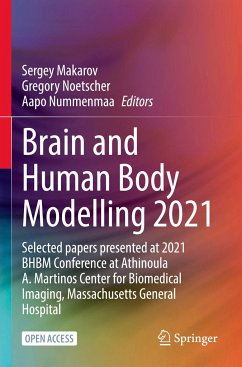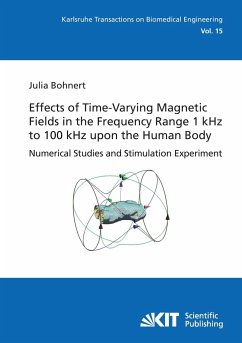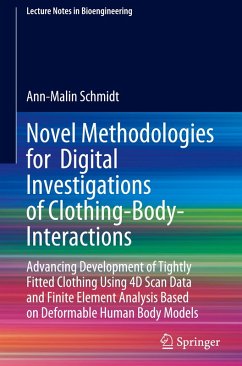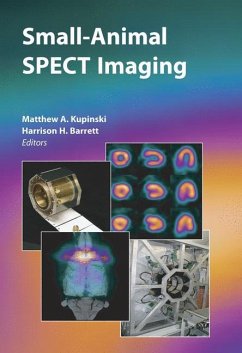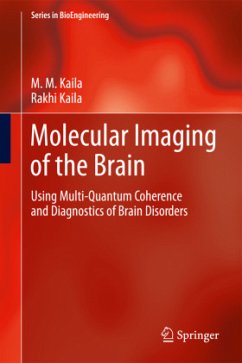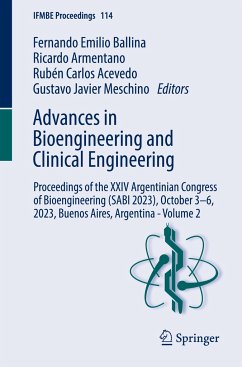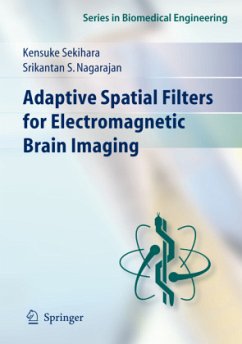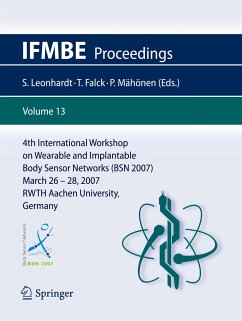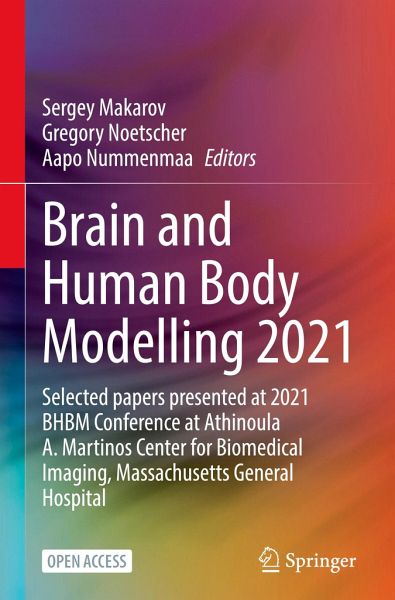
Brain and Human Body Modelling 2021
Selected papers presented at 2021 BHBM Conference at Athinoula A. Martinos Center for Biomedical Imaging, Massachusetts General Hospital
Herausgeber: Makarov, Sergey; Nummenmaa, Aapo; Noetscher, Gregory
Versandkostenfrei!
Versandfertig in 1-2 Wochen
39,99 €
inkl. MwSt.

PAYBACK Punkte
20 °P sammeln!
This open access book describes modern applications of computational human modelling to advance neurology, cancer treatment, and radio-frequency studies including regulatory, safety, and wireless communication fields. Readers working on any application that may expose human subjects to electromagnetic radiation will benefit from this book's coverage of the latest models and techniques available to assess a given technology's safety and efficacy in a timely and efficient manner. This is an Open Access book.





